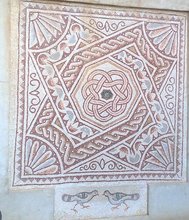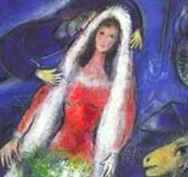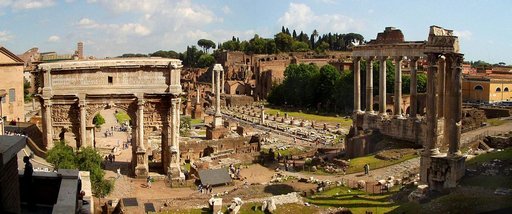
The Fora of Rome and their Christian Graffiti (FROG)
In the 5th century, Christian graffiti were incised on a temple near the Forum Romanum – the heart of pagan Rome. They were a striking result of the area’s Christianisation - potentially the earliest archaeological evidence of this process. Despite this, no thorough analysis of the Christian graffiti of Rome’s fora exists. Several are still unpublished, while pollution is eroding them. The FROG-project 1) digitally preserves the Christian graffiti, 2) provides new knowledge of the fora’s use and meaning in early medieval Rome by analysing the graffiti in their spatial and temporal context, and 3) enhances the understanding of the fora’s role in the emergence of Christian pilgrimage and identity by analysing the graffiti in their cultural context. It is FROG’s aim to look beyond the fora’s elite monuments and understand how humans – high and low – shaped the fora to reflect their identity and needs. This will result in new knowledge on the development of the Roman Empire’s most symbolically important sites during a crucial period of urban and religious change.
Postdoc: Christina Videbech
Funding body: FRIPRO, International Mobility Grant, The Norwegian Research Council, 4,800,000 NOK
Project period: 1st of October 2024 to 30th of September 2027
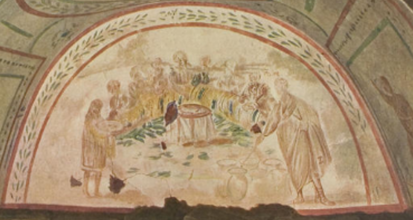
Scriptural Networks: Digital Exploration of Quotation Culture in Origen of Alexandria's Exegesis
The project aims to redefine our understanding of early Christian quotation culture by employing digital network analysis (NA) techniques applied to the extensive works of the renown theologian Origen of Alexandria (3rd century). Origen's focus on biblical interpretation and his enduring influence makes him an ideal case-study. I will conduct an analysis of Origen's whole corpus using NA graphs and social network analysis, thus uncovering relationships and patterns within his biblical quotations.
Postdoc: Giovanni Hermanin
Funding body: MSCA Postdoctoral Fellowship, DKK 1,722,000
Project period: 1st of February 2025 to 31st of January 2027.
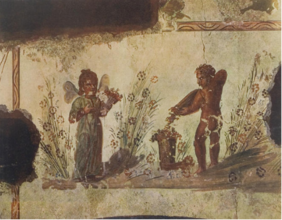
Early Christian Metaphors (ECM): Uncovering Layers of Meaning through Computational Linguistics
PI: Anders Christian Jacobsen
Postdoc: Lavinia Cerioni
The ECM project proposes a new framework to examine metaphorical language in Greek-speaking early Christian authors (2nd-3rd century). Theologians, such as Clement and Origen of Alexandria, relied heavily on the use of metaphorical language to interpret biblical texts and develop theological doctrines. By using a combination of Conceptual Metaphor Theory (CMT) and Natural Language Processing models (NLP) tailored for low-resource languages (Greek, Latin), ECM investigates the thought processes (conceptualization) and the rational justifications through biblical quotations of metaphorical language in early Christian authors.
Funding body: AUFF, DKK 600,000.
Project period: April to December 2024.
